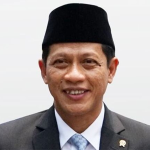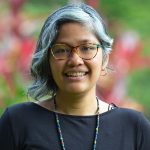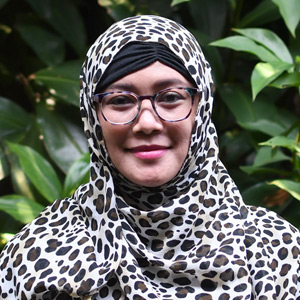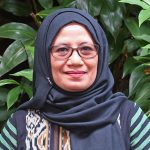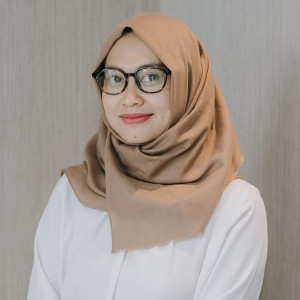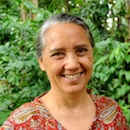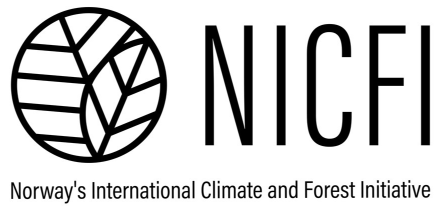Background and objectives
The University of Indonesia’s Climate Change Research Center (RCCC-UI), together with CIFOR and partners are implementing a Global Comparative Study on Reducing Emissions from Deforestation and Forest Degradation (GCS-REDD+). Through this project, we foster the co-creation of knowledge and learning exchange at all levels, ensuring policymakers and practitioners have access to – and use – the information, analyses and tools needed to design and implement effective, efficient and equitable REDD+ policies and actions. The Science and Policy Dialogue series is one of the key components introduced in GCS-REDD+ Phase 4 and aims to tailor research to country-level needs, policies and targets pertaining to forest-based climate mitigation.
A first dialogue was conducted on 16 December 2021 under the theme “From COP26 to G20: How research can support aligning forest, finance and development planning in Indonesia”. This first of the series raised the need for more focused research to support the national commitment to transform FoLU sectors to achieve the net carbon sink target by 2030. Recently, The Ministry of Environment and Forestry (KLHK) issued a Ministerial Regulation on Indonesia’s FoLU Net Sink 2030 for controlling climate change. This is the government’s most ambitious target to date, for which it is currently formulating a roadmap for FoLU sectors achieving its net carbon sink target by 2030. This effort is likely to require a large and coordinated mobilization of climate finance. As mentioned during the G20 Environment Deputies Meeting and Climate Sustainability Working Group (EDM-CSWG), one of the priority issues is to enhance resource mobilization to support environmental protection and climate objectives.
Advancing REDD+ architecture means strengthening three main elements: information, incentives and institutions (the 3Is). This second Science and Policy Dialogue will focus on the ‘information’ element, which includes data on peat emissions of methane (CH4) and nitrous oxide (N2O) in relation to FREL, REDD+ safeguards and REDD+ projects.
Improving information to advance the REDD+ architecture is imperative, not only for finding the best solutions, but also to improve coordination and promote better collaboration among all actors involved in attempts to reduce deforestation.
The main objectives of this second online discussion are to share the latest research findings from CIFOR and partners and to leverage the national commitment to transform FoLU sectors to achieve the net carbon sink target by 2030.
Contact person
Bimo Dwisatrio: b.dwisatrio@cgiar.org
This invitation only event will be conducted in Bahasa Indonesia and interpreted in English.














